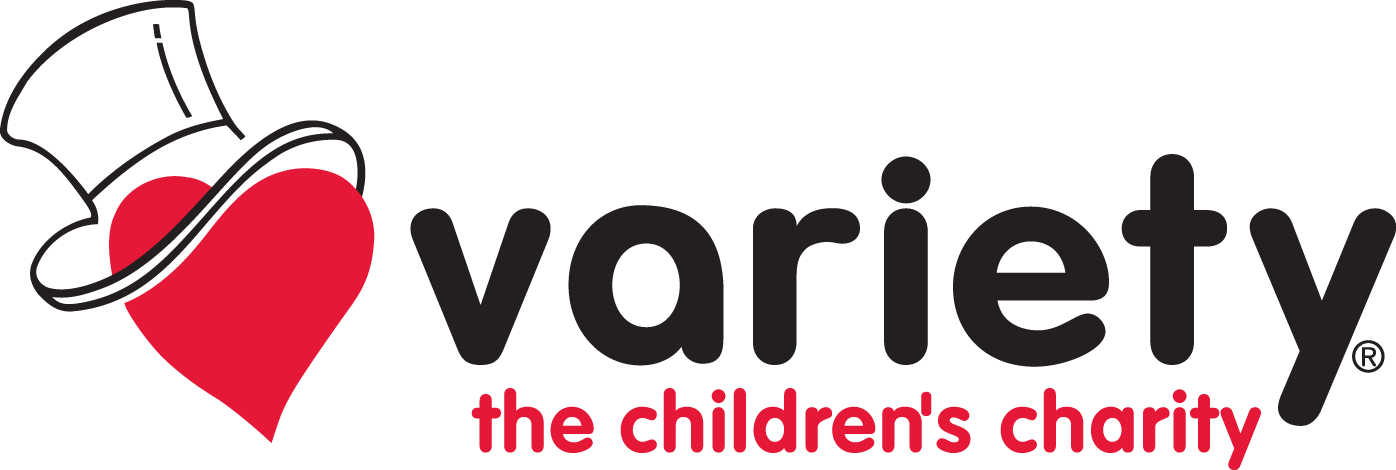All the Numbers Matter!
How Foundations Can Support Evaluation through Collective Infrastructure
Numbers matter! We all know that outcomes and statistics matter when it comes to proving the effectiveness of our work as non-profits. To make our case we need to connect the dots everyday that a dollar invested in charity or change oriented programs reaps a return on investment. The challenge that confronts many small grassroots organizations is that it costs a lot of money and time to effectively track, measure, and report results and that matters too. It is not uncommon for research and evaluation firms to charge hundreds of thousands of dollars to investigate the effectiveness of programs over time. We need to remembers that all the numbers matter when it comes to evaluation–the results AND the cost. We all want to demonstrate that we have a positive “social bottom line,” however, does it really need to eat into the “financial bottom line?”
At Variety New York, our answer is “no!” We ask our grantees to track results and outcomes, but we refuse to put the onus solely on them to fund and staff large evaluation studies. Instead, as a part of Variety New York’s value-added program we developed a collective infrastructure approach to evaluation. Variety New York has developed three evaluation protocols to help grantees track the outcomes of arts programming for youth. These tools help collect consistent and reliable data across 14 organizations. The other innovation Variety has developed in this process is the creation of centralized data entry and analysis. Rather than 14 organizations entering and crunching data, they send Variety the raw data and we do the work.
That’s right! As the grantmaker, we have accepted the responsibility of contributing to the evaluation process-the results of which will help our grantees demonstrate results and help Variety make the case for arts programming writ large. By centralizing the process at Variety we also drastically cut down on the fixed costs needed to build evaluation infrastructure; instead of 14 evaluation processes and departments we created just one. Marginal costs only increase with the amount of data collected and even that is minimal.
I highly encourage my colleagues at other foundations to consider ways to streamline evaluation processes as a partner with your grantees. Collective infrastructure for evaluation decreases costs, increases investment in an evaluation process by grantees, and increases the statistical power of the data. Variety will be sharing initial results in the Fall of 2012. Be sure to stay tuned!
